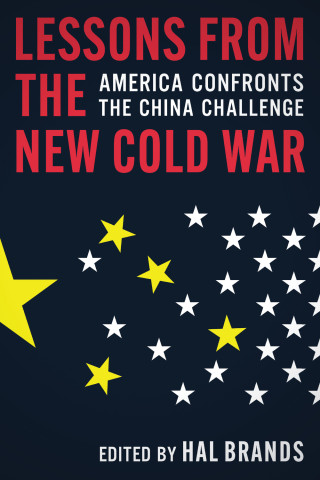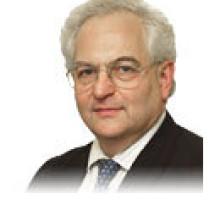
Reviews
Wolf's analysis fills in a lot of blanks for those seeking to understand the new U.S. recession in a global context.
This is an ambitious book by one of the most respected financial journalists of our time... He does a terrific job, taking us through the plethora of theories that were put out to explain the imbalances, debunking the more popular but flaky ones with gusto.
Get the book and expand your understanding of precisely what has brought the United States to its current flirtation with disaster.
The only inkling of hope is that policy makers everywhere have been so shaken by events that they will heed what Wolf advises. This book is a great and important contribution to everyone's welfare on the globe. It can be paid no higher accolade.
Fixing Global Finance marks a turning point in his worldview... offers important pointers to the way ahead.
Book Details
Series Editor's Foreword
Preface
1. Learning Lessons
2. Blessings and Perils of Liberal Finance
3. Financial Crises in the Era of Globalization
4. From Crises to Imbalances
5. From Crises to Imbalances
6
Series Editor's Foreword
Preface
1. Learning Lessons
2. Blessings and Perils of Liberal Finance
3. Financial Crises in the Era of Globalization
4. From Crises to Imbalances
5. From Crises to Imbalances
6. Toward Adjustment and Domestic Reform
7. Toward Global Reform
8. From Imbalances to the Subprime Financial Crisis
Notes
References
Index






